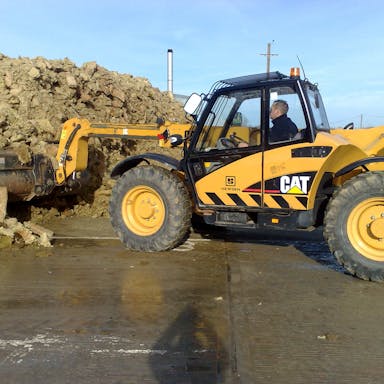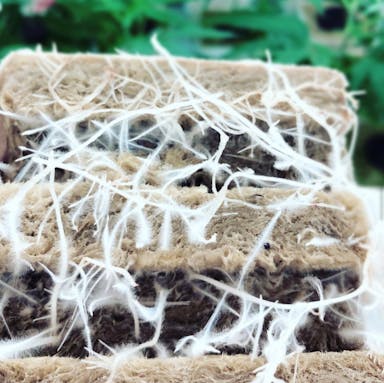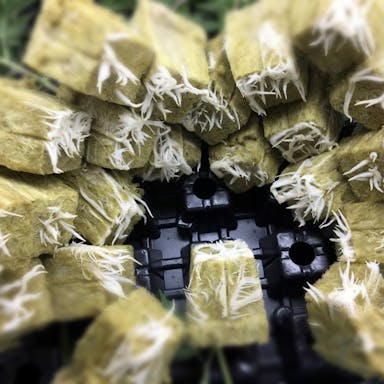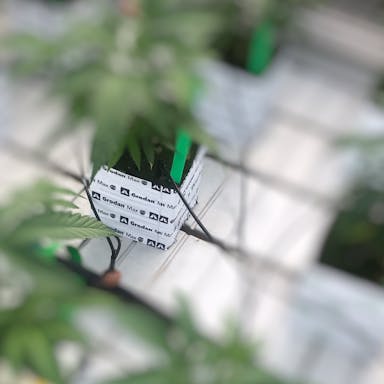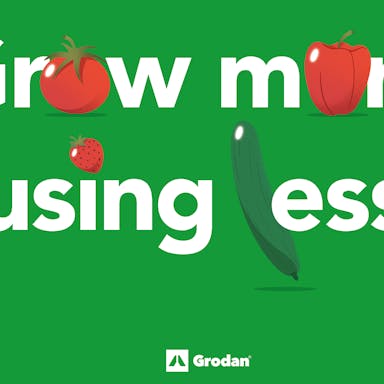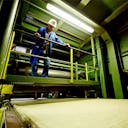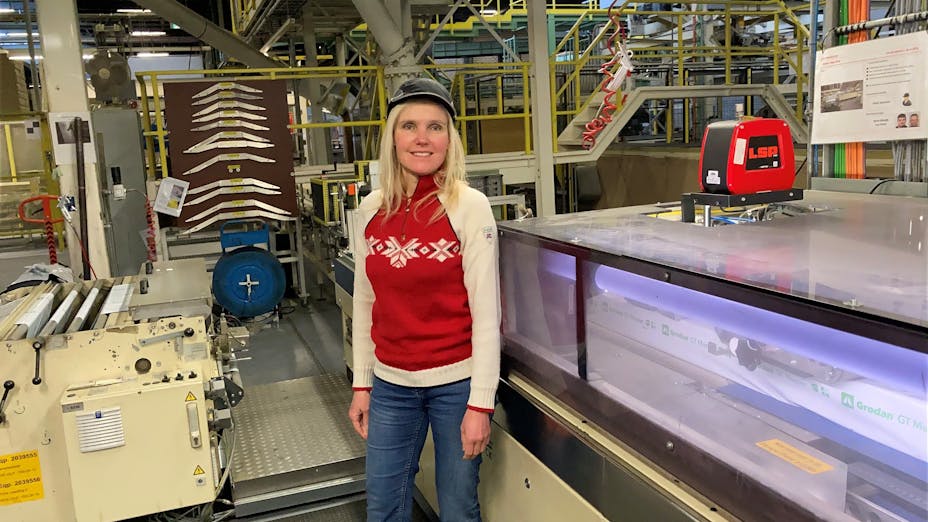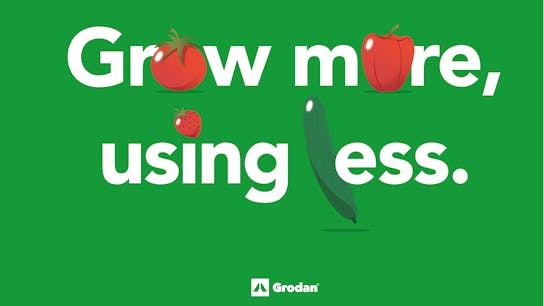Interview
Susanne Ruthenberg, what is your role at Grodan?
At Grodan, the logistics department is involved at various levels in supporting the growth of the stone wool cultivation substrates market, both at our manufacturing sites and in the logistics of supplying our customers. Our role is to monitor sales forecasts in order to make the best possible adjustments to production at our plants, so that we can constantly adapt our manufacturing to market needs and produce as close as possible to our customers. Our commitment to quality also means that we are constantly improving our production lines and logistics. I am personally responsible for monitoring the introduction of innovations in our factories, whether in the stone wool or plastic film manufacturing processes, or in our packaging lines. I'm also responsible for identifying and resolving problems that are the subject of complaints from our customers, with the aim of providing them with complete satisfaction.
In practical terms, how does Grodan secure deliveries to its customers around the world?
Our logistics manager, Jeroen van Zoelen, works closely with our sales departments and centralises all orders worldwide. He manages deliveries all over the world.
Grodan organises supplies to its customers from 3 manufacturing origins: Canada with the Toronto plant, Poland with the Malkinea plant, and the Netherlands with the Roermond and Breda sites. Each of these regions is characterised by its geographical proximity to the sites where the raw materials needed to manufacture stone wool are extracted, and by its logistical proximity to the major greenhouse cultivation areas. French greenhouse growers are partly supplied via Poland and mainly via the Netherlands. So we manufacture our stone wool substrates as close as possible to our customers, using locally sourced raw materials. Among other things, this enables us to keep our transport costs under control.
What are the other advantages of stone wool substrates in terms of Carbon footprint?
In addition to the fact that our factories are located close to major greenhouse production areas, we have always been committed to reducing our impact on the environment. Grodan has been working to meet this challenge for 50 years, through constant investment in research and innovation. Today, we can clearly identify the 7 strengths of stone wool that make our substrates among the most effective solutions for reducing the carbon footprint of greenhouse cultivation. Grodan stone wool substrates are of consistent, uniform quality and optimise the management of water. Made from an inexhaustible raw material, they respect biodiversity and are fully recyclable.
What is your average lead time for supplying your customers?
Transport times between our manufacturing plants and our customers' production Greenhouses are very short, sometimes less than 24 hours. However, delivery times can vary depending on the specific nature of the order, although Grodan always endeavours to adapt to its customers' expectations and is flexible enough to help them out if necessary.
How do you guarantee the quality of your products?
The quality of our products and processes is constantly checked throughout our production lines. Regular checks are carried out to verify the quality of the rock we use as a raw material (basalt), then at each stage of processing, right up to delivery to the customer. Some of these checks are carried out by independent bodies. Our products and manufacturing procedures are certified by various labels: RHP, Afnor, Ecolabel, etc. Thanks to all these procedures, we are able to guarantee consistent quality for all our substrates, regardless of where they are manufactured.
Has the COVID-19 pandemic had an impact on your production capacity and delivery times?
We have taken preventive measures at all our production sites to protect the health of our employees, limit the spread of the virus, maintain our production capacity to avoid any disruption in supply and deliver to our customers on time. Despite these precautions, we have had to cope with occasional drops in production. But we had anticipated the possibility of offsetting these reductions by increasing the responsiveness of plants spared by the pandemic. This flexibility enabled us to meet all our orders on time.
